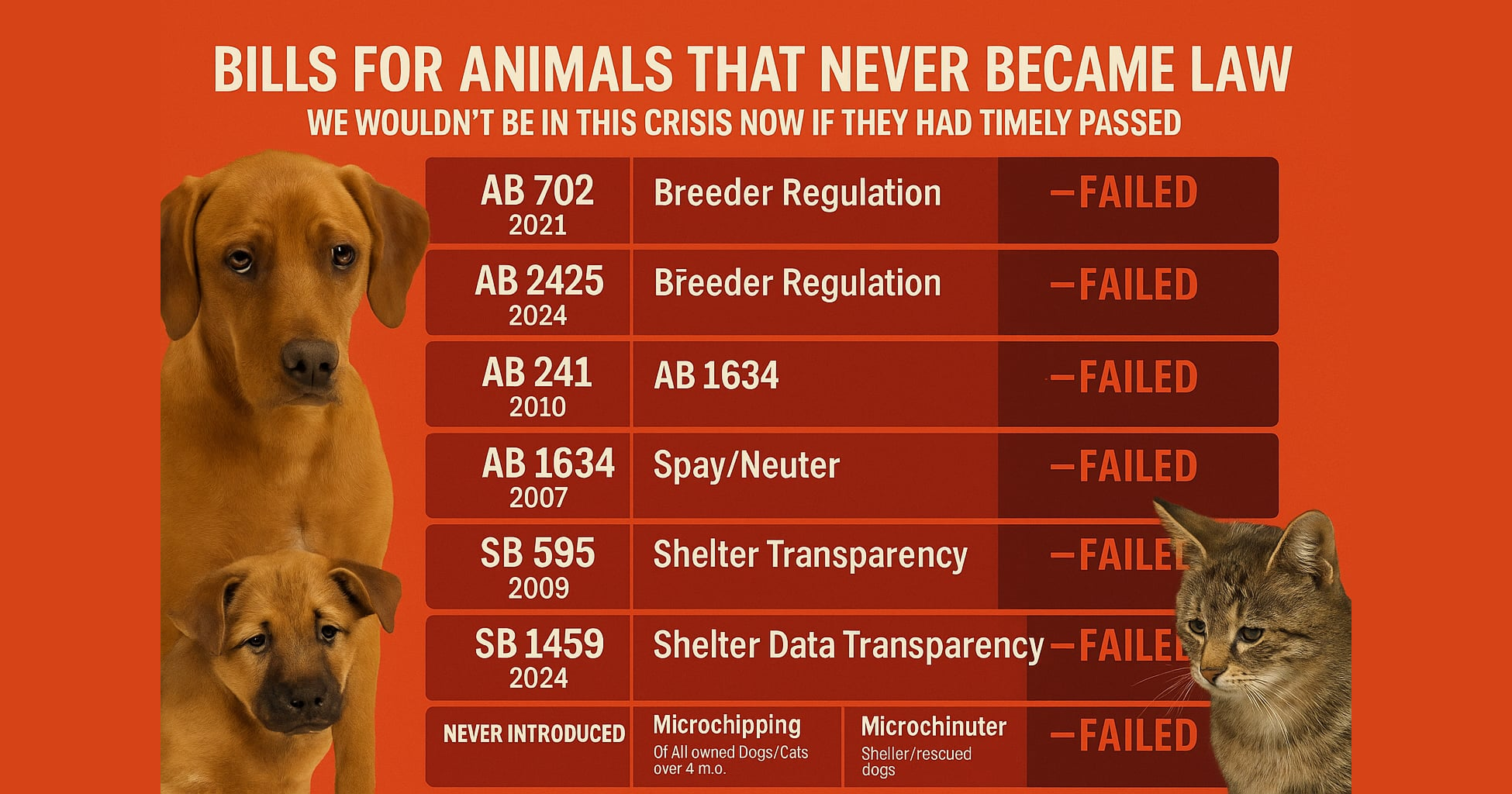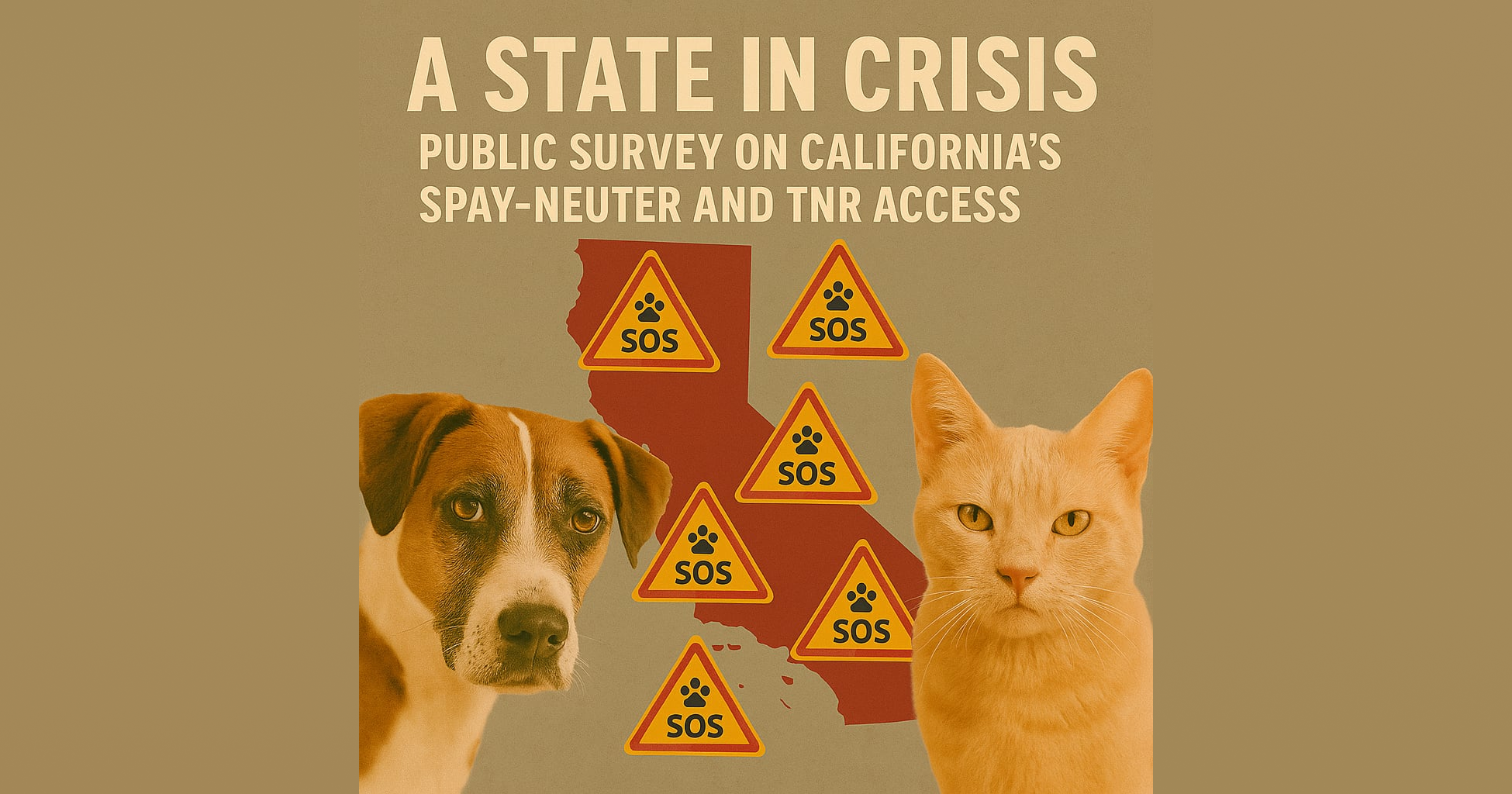Multiple Bills quietly die in California without transparency
This week, numerous bills met their end, including Assemblywoman Rebecca Bauer-Kahan’s AB 331, designed to combat AI-driven discrimination in critical sectors like healthcare, housing, and employment. AB 331 aimed to bar the use of AI decision-making tools that foster discrimination and mandate assessments for such tools. However, it was among the many bills quietly terminated during legislative proceedings.
The “suspense file” process, a fixture of California’s legislative apparatus for managing budgetary concerns, witnessed an unprecedented influx of bills this year due to financial constraints. Bills with substantial financial implications are placed on the suspense file, where they may be passed to the floor, amended, or ultimately terminated. While this process efficiently scrutinizes fiscal matters, its lack of transparency has drawn criticism.
Jonathan Stein, executive director of the nonpartisan political organization California Common Cause, expressed dismay over the lack of transparency, saying,
It is now just accepted by the Capitol community that twice a year bills die without explanation and a vote, and it feels as though a massive transparency black hole has been baked into the legislative experience. [1]
Despite efforts by lawmakers like Assemblyman Bill Essayli, whose AB 595 sought to mandate a notice period before euthanizing animals in shelters, several bills failed to progress. Essayli has vowed to continue fighting for AB 595, which he called Bowie’s Law, stating, “I’m not giving up. I intend to force a floor vote on Bowie’s Law next week. Every legislator will be on record where they stand,” in a Thursday tweet.
These bills, including SB 12, SB 556, AB 276, AB 315, AB 331, and AB 595, addressed diverse issues such as climate change, oil driller liability, distracted driving, truth in pregnancy-related service advertising, AI discrimination, and animal welfare.
The California Common Cause organization expressed dismay over the lack of transparency, highlighting the frustration among legislators and advocacy groups. While the suspense file serves as a mechanism for financial screening, its opaque nature raises concerns about democratic accountability and public oversight.
Our Summary of the Article, May 19, 2023 • Maggie Angst and Andrew Sheeler, The Sacramento Bee : https://www.govtech.com/policy/several-california-bills-die-including-new-ai-regulations



